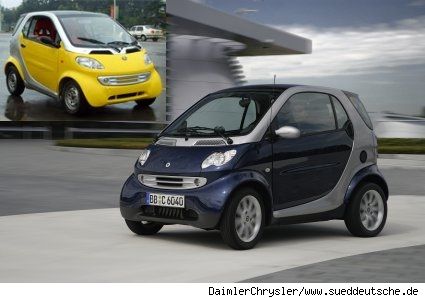As China attempts to become an industrial power, it is getting a indelible reputation for building shoddy, dangerous products and engaging in outright fraudulent business practices, without the slightest thought to the dangers created. First it was poisonous pet food. Then it was toothpaste made with, in essence, antifreeze (ethylene glycol). Then toys painted with lead paint. It has become increasing clear that the words “Made in China” ought to be regarded as a warning label, not a statement of origin.
In the automotive area, as well, Chinese manufacturers have been caught making incredibly dangerous products. Chinese tires sold in the United States were delivered with known defects, defects so severe that they could cause tire failure and, potentially, be fatal. Crash testing of the Chery Amulet, one of the Chinese manufacturer’s best selling cars, disclosed that in a crash it “crumpled like newspaper” – the test company’s exact words. (Chery claims the testing was biased. But photographs off the crash test showed the doors flying open and the entire car, up to the “B” pillar, crushed – well, like newspaper.)
But Chinese dishonesty isn’t limited simply to passing off lethal products.
They also counterfeit them.
Several years ago, Chery was accused of knocking off a Chevrolet design before the original had even hit the market. Now another Chinese company is being accused of counterfeiting the SmartForTwo – and they want to sell the knock-off in Germany. Though a knock off of Mercedes’ SmartForTwo appeared briefly last year in China, the company that manufactures the car, which is called The Shuanghuan Noble, now intends to the car at the Frankfurt Auto Show in September and then import it into Germany. They intend to sell it for the equivalent of about $9500.
Originality not being the strong suit of counterfeiters, the Chinese knock-off looks almost identical to the SmartForTwo, but for the dinky cheapo wheels.
Mercedes-Benz is distinctly unhappy about this situation and has apparently informed the manufacturer and importer that it will take legal action, if necessary, to prevent importation of the vehicle.
Mercedes is undoubtedly concerned about the risk of product confusion. But, if the Chinese knock-off is turned loose on European streets, it’s likely that it will come equipped with Chinese tires. Perhaps Mercedes should take a different approach and simply ask the authorities to impound the things as inherently dangerous instrumentalities, to both the drivers and anyone else on the road

